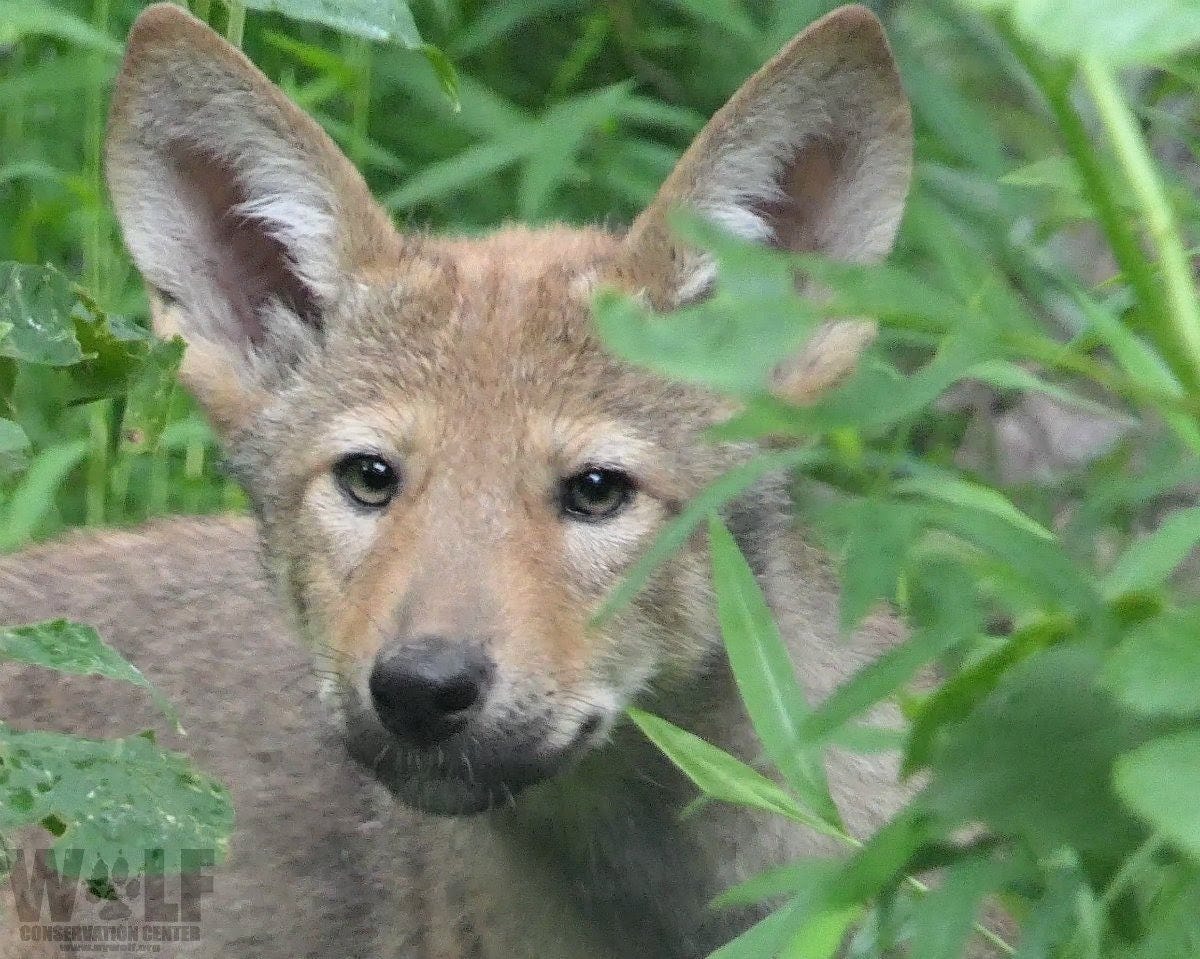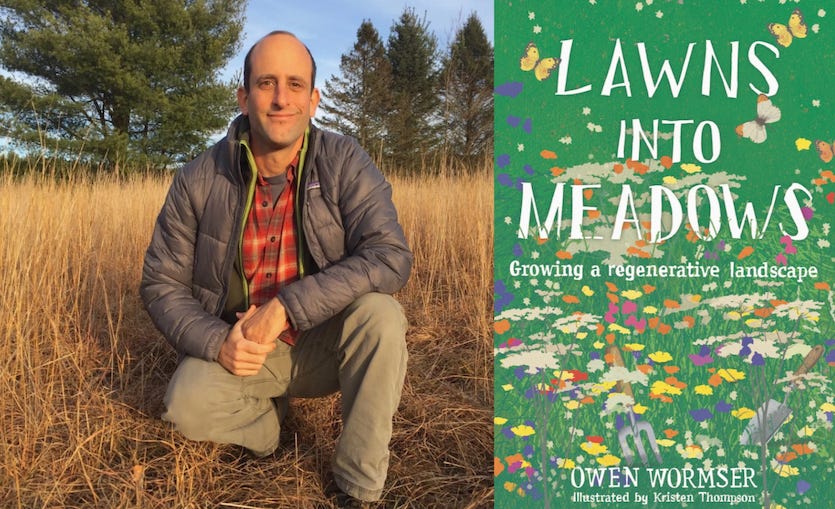"The Earth is what we all have in common." ~ Wendell Berry
Spring is awakening in the northern hemisphere. Plants are rising in the forest, in wetlands, in meadows, and in between cracks of concrete. Queen bumblebees will soon emerge from their underground shelters as migrating birds return with song. I feel cold earth softening everywhere I step, making way for life to rise.
We humans evolved in concert with the same forces of nature, and many are also rising. As we witnessed this weekend, millions rose against fascist forces of oppression, reminding us that the power of Earth and the power of the people is unstoppable (listen to this song and watch this video if you need a reminder):
REGENERATIVE LANDSCAPES
Yesterday, I had an inspiring conversation with Owen Wormser, author of Lawns into Meadows: Growing a Regenerative Landscape, which earned the 2020 Nautilus Award for “better books for a better world.” This talk was part of the Nourishing Earth, Nourishing Ourselves series, in collaboration with Project Coyote. We explored the idea of regenerative landscapes—spaces that breathe life back into the Earth, unlike lawns and turf, which are not only lifeless but demand harmful levels of maintenance that damage ecosystems and displace our wild neighbors. Our discussion illuminated how societal attitudes toward plants, animals like coyotes, and the Earth herself often mirror the ways we relate to other people.
Fostering harmony with nature calls for a profound shift in how we approach coexistence—with each other, with other animals, and with the living world around us.
Another idea we spoke about—ecological literacy—is central to this shift.
We can cultivate ecological literacy by observing and engaging with the ecosystems around us. This means paying attention to seasonal rhythms of land and the plants and animals who share our outdoor space. We can learn about native species in our area, their roles within their communities, and how they interact with one another. Ecological literacy grows through hands-on experiences such as planting native species, foraging responsibly, or composting organic food scraps to return nutrients to soil. It calls us to listen to the wisdom of Indigenous Traditional Ecological Knowledge, that has long been rooted in practices of care and reciprocity.

As spring unfolds in the northern hemisphere, many of us find ourselves outdoors, planting seeds and reconnecting with land. It is the perfect time to cultivate ecological literacy while nurturing regenerative landscapes and communities. And, as always, it is a pivotal moment that invites us to reflect not only on how we can deepen our relationship with Earth, but on the actions we can take to ensure a thriving future for all. If “Earth is what we all have in common,” what legacy are we leaving for generations—human and more-than-human—to come?
What seeds are you planting this spring?

JOIN ME:
Tuesday, April 15th at 3pm EST, I will be sharing my first Live Chat on here on Substack with previous Nourishing Earth, Nourishing Ourselves webinar guest, author and journalist
Saturday, April 19th, I’ll be in conversation with Owen for the WORDS FOR THE WILD Earth Day Event at the Harris Center in New Hampshire. The event is co-sponsored by the Harris Center for Conservation Education and the wonderful Toadstool Bookshop.
Upcoming webinars in the Nourishing Earth, Nourishing Ourselves series include:
May 20th:
, author of Mother, Creature, KinJuly 8th: Dr. Michael Fox, veterinarian, writer, and animal activist
And if you need more music to mobilize and inspire you, I highly recommend the Resistance Revival Chorus album: This Joy. “Everybody Deserves to Be Free” is perfect for this moment.





Ecological
literacy leads to care,
reciprocity.